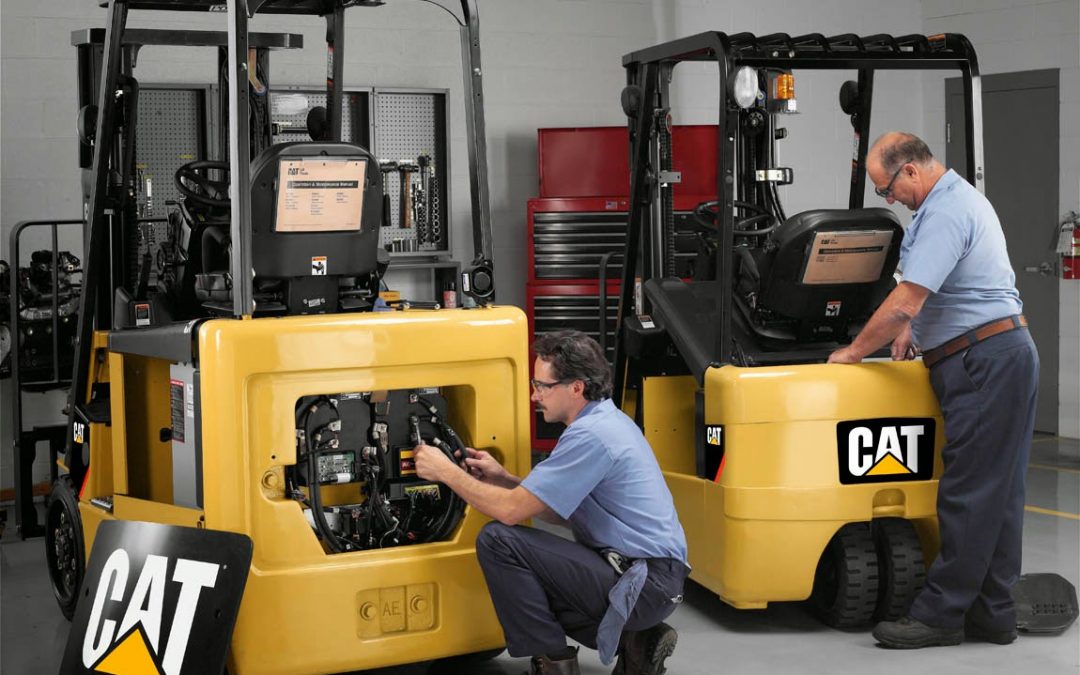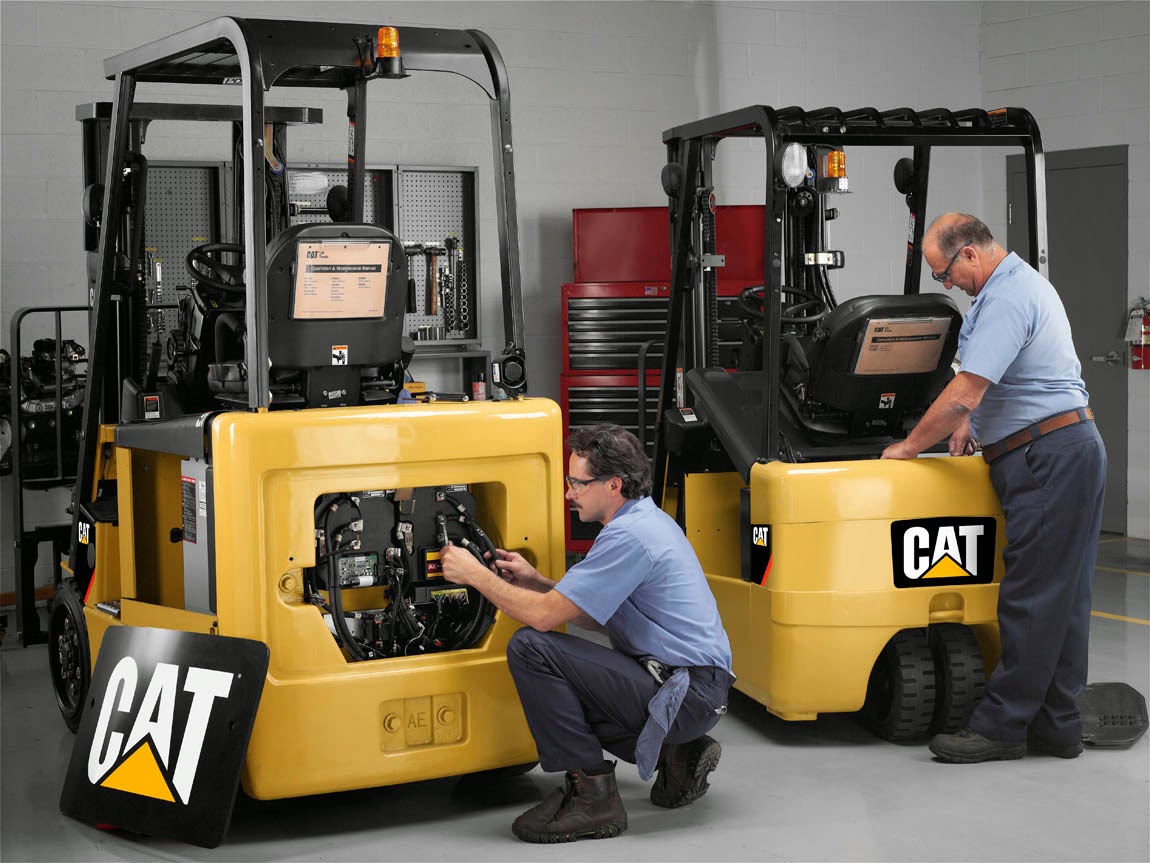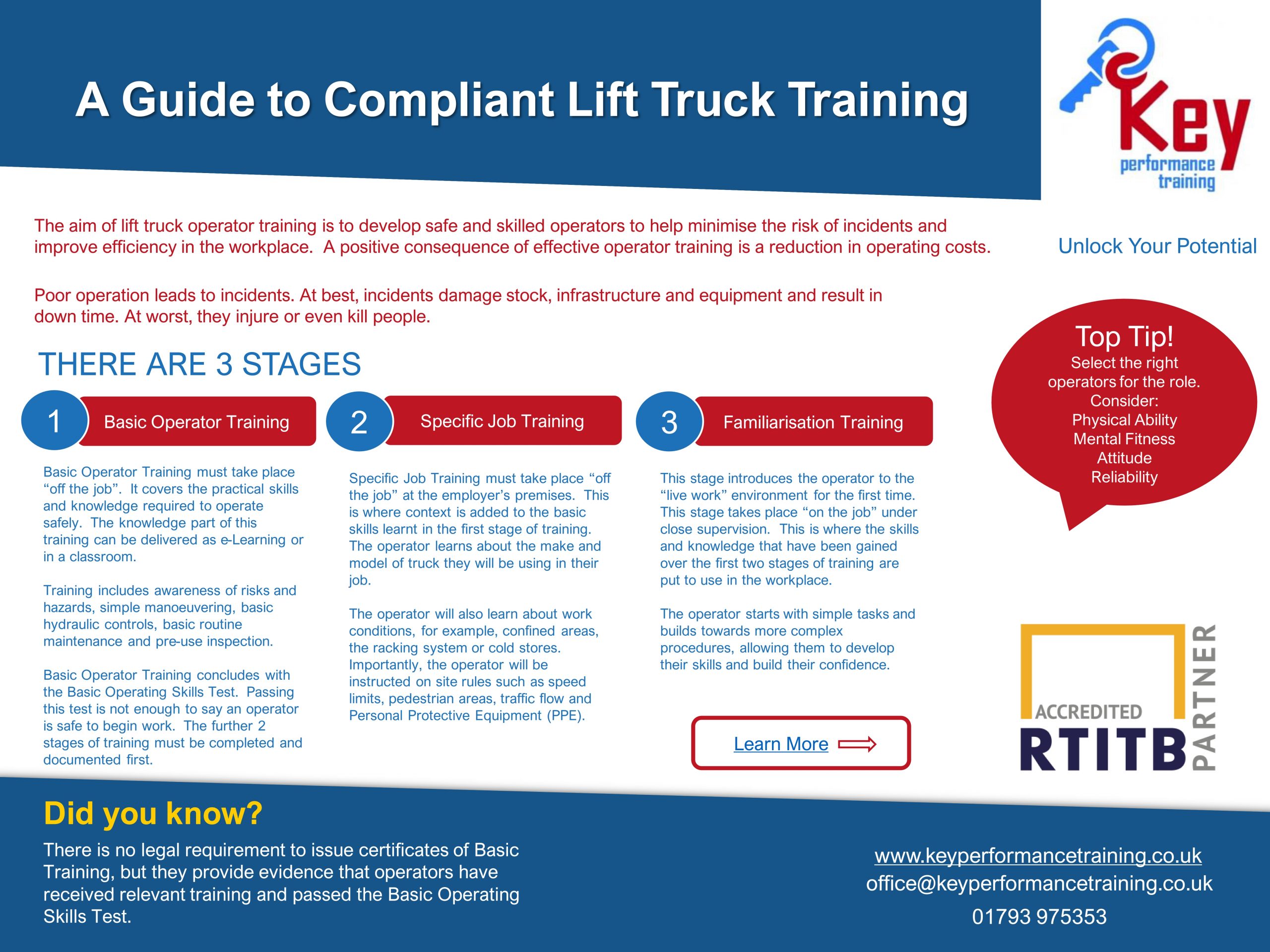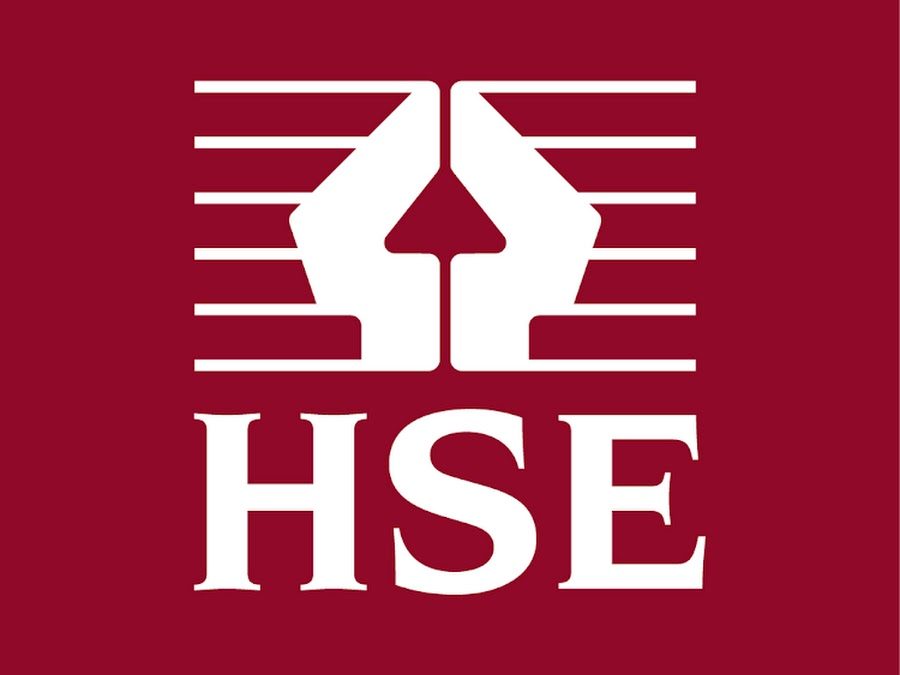
World Mental Health Day

world mental health day
Did you know that it’s World Mental Health Day on Tuesday 10th October? This day is about raising awareness and funds to drive positive change for everyone’s mental health.
The theme for 2023, set by the World Federation of Mental Health (WFMH), is ‘Mental health is a universal human right’.
Mental health as a universal right to all citizens of the world is consistent with the 1948 founding principles of WFMH. The global campaign aims to place mental health in a human rights framework to re-cast the aspiration for sound mental health as a fundamental human right.

It aims to engage individuals, communities, institutions, and stakeholders worldwide, with the objective of empowering grassroot advocacy for the cause of mental health and its intersection with human rights. While featuring theme-based global events and embracing diverse creative expressions through digital means, the campaign intends to promote awareness and put-forth the significance of mental health.
Join us in this journey as we unite to raise awareness about the importance of mental health as an indispensable universal human right, with the vision of fostering a world that values and nurtures the well-being of all.
There are lots of ways you can get involved in World Mental Health Day this year. We’ve decided to support the UK Mental Health Foundation with their fundraising efforts and will donate Mental Health First Aider pin badges to everyone who attends our next Mental Health First Aid Course. We’re also going to donate 10% of that course’s bookings to the UK Mental Health Foundation.
To view this course, or to book a place, please visit https://keyperformancetraining.co.uk/first-aid-training/
Contact us on 01793 975353 or rachel.gearon@keyperformancetraining.co.uk for more information about how we can help or to book your course today.
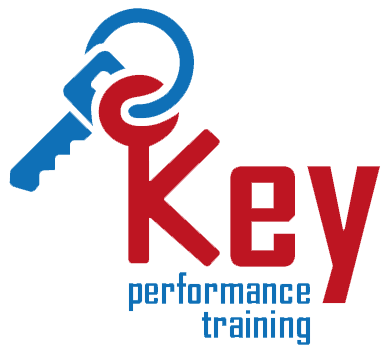
Need more information?
For more information please do get in touch – via our contacts page, email us or just give us a call on 01793 975353







